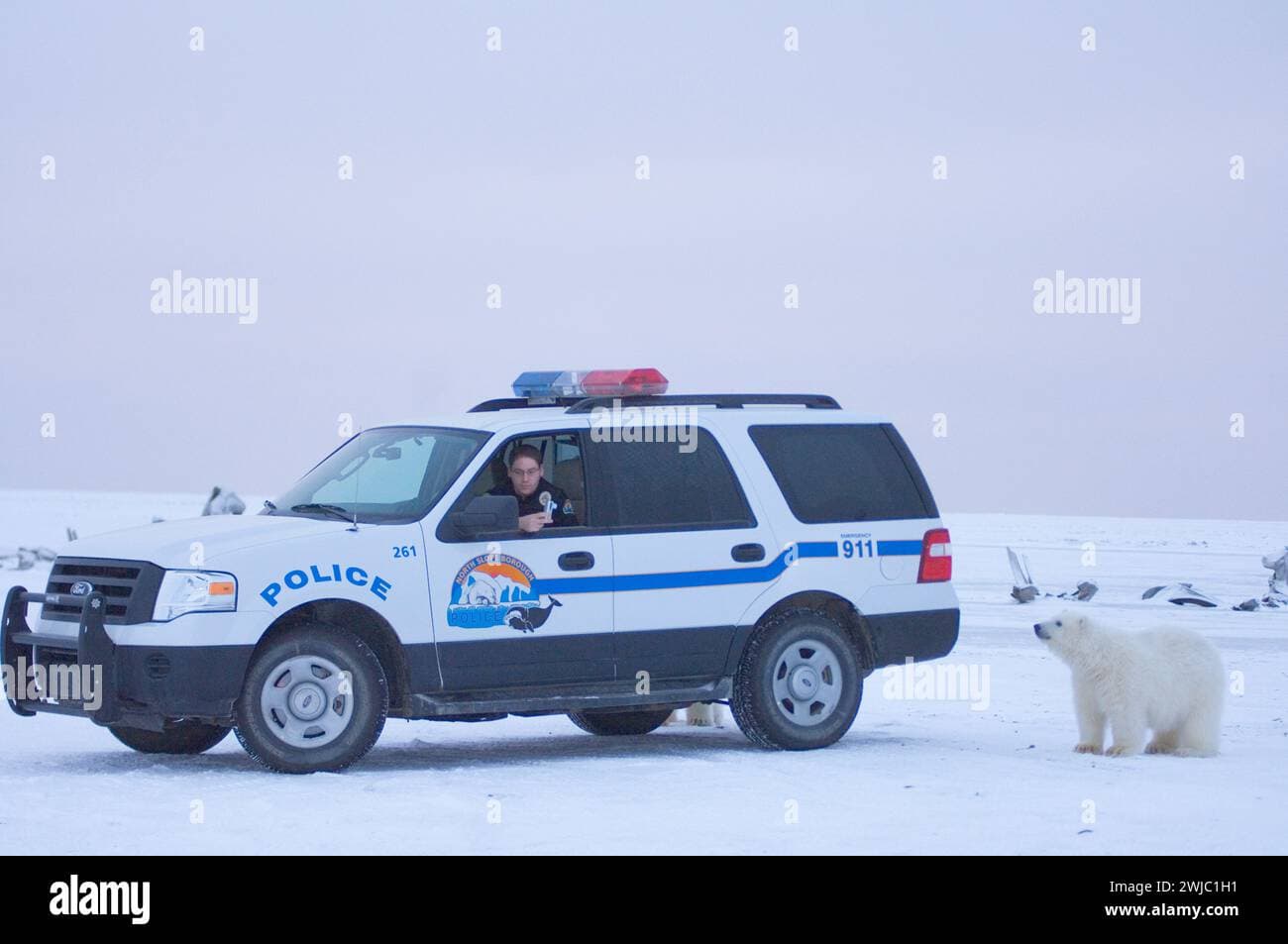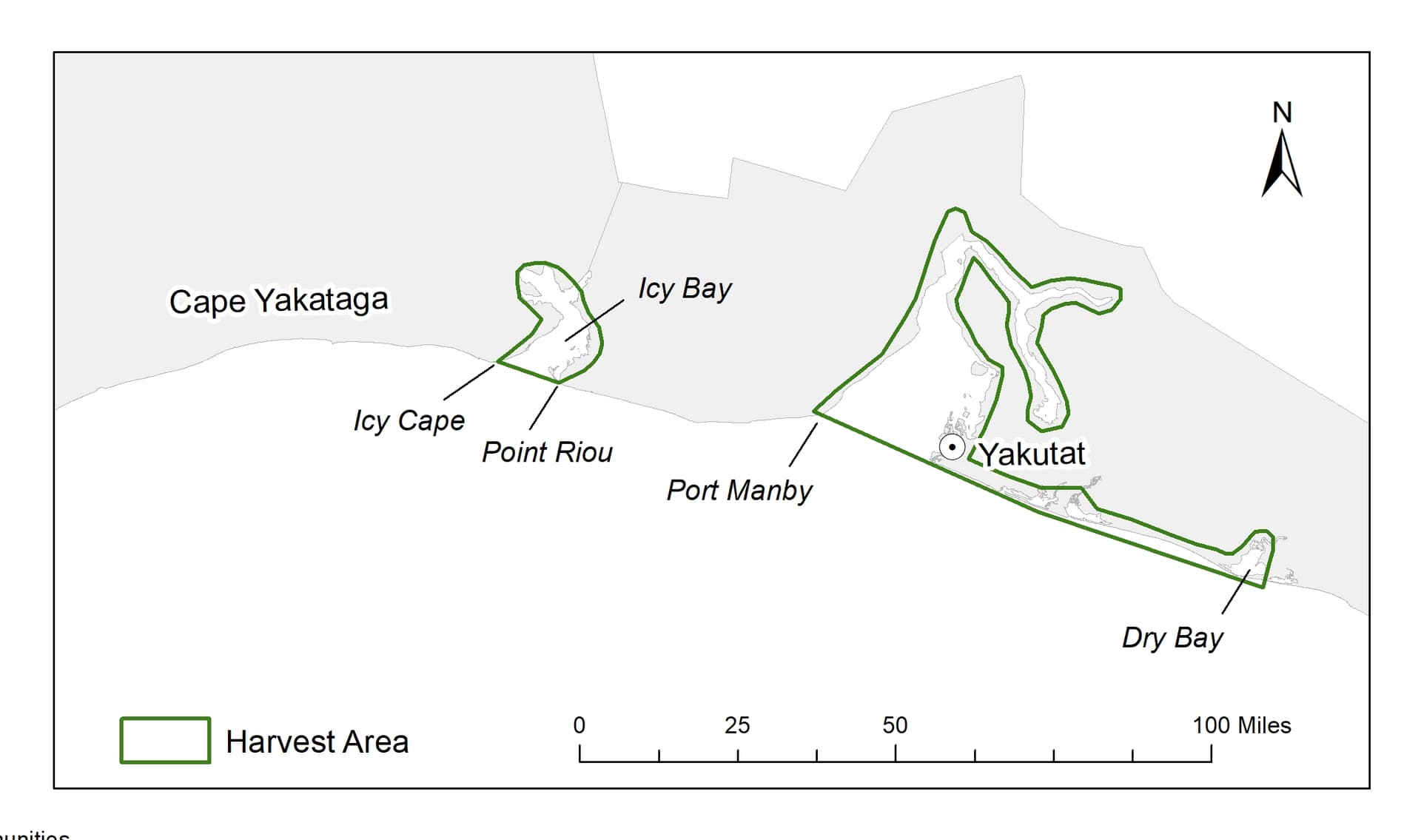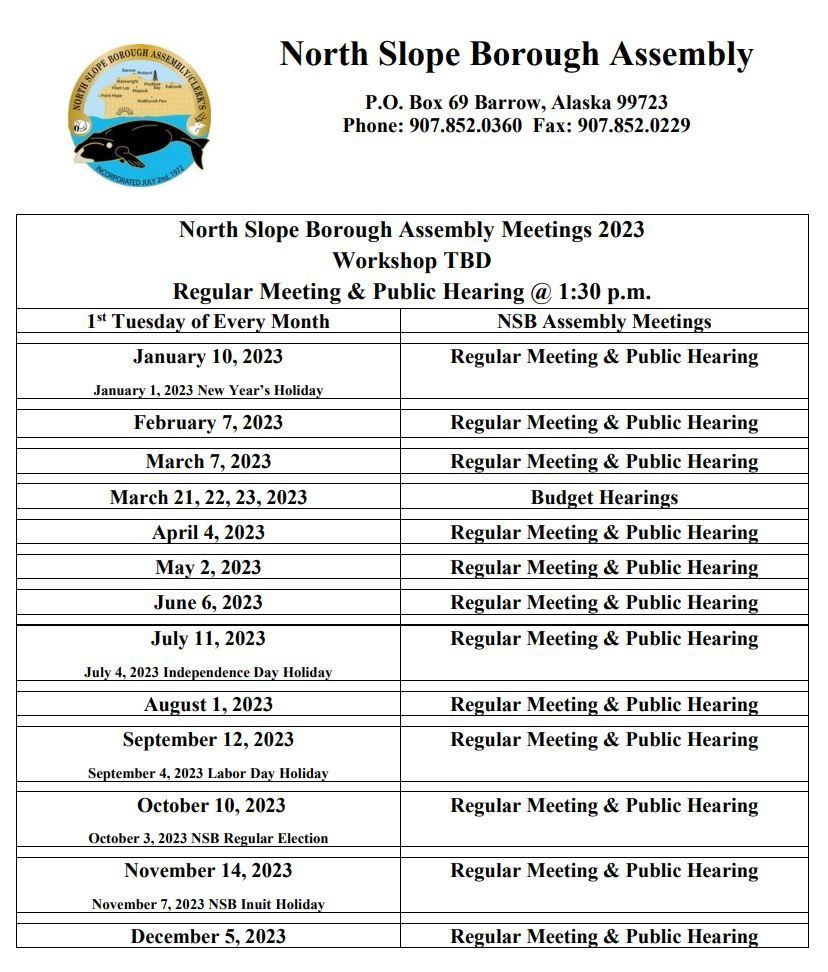North Slope Bolsters Polar Bear Patrol to Protect Communities
The North Slope Borough is maintaining and promoting its Polar Bear Patrol and Polar Bear Safety program to monitor polar and brown bear activity, hire local residents, and reduce human bear interactions. The program matters to residents because it strengthens community safety, preserves subsistence activities, and channels local knowledge into practical wildlife management as onshore bear activity rises.
Listen to Article
Click play to generate audio

The North Slope Borough operates a Polar Bear Patrol and Polar Bear Safety program that deploys local residents to monitor villages for polar and brown bears, provide non lethal deterrence, collect sightings, and reduce the chance of dangerous encounters. The borough presents the program as a community safety and wildlife management resource used by Utqiaġvik and other North Slope communities, and the program page includes contact information and a statement of its goals and history.
This borough run patrol serves as a first line of defense where people and large predators come into closer contact. By hiring members of the community the program taps local experience and knowledge, while providing practical training and economic benefits. Patrols log sightings and patterns of movement, which helps wildlife managers and residents understand when and where interactions are most likely to occur. That information can change travel practices and timing, helping to protect subsistence activities and everyday life in remote villages.
The patrol emphasizes non lethal responses intended to move animals away from populated areas with minimal harm. Collecting and reporting sightings is a core part of the effort, so that wildlife managers can map trends and respond with appropriate measures. The program page offers resources so residents and visitors can reach the borough wildlife staff, report sightings, and learn safety practices developed for North Slope conditions.
The local significance of these efforts is immediate. Residents who travel between communities or who rely on shore based hunting and gathering can face increased risk when large carnivores come ashore more frequently. A community run patrol reduces response times and provides culturally informed practices that respect subsistence needs while protecting people and wildlife. For villages such as Utqiaġvik the program is part of daily life, combining municipal support with Indigenous local knowledge and practical responses on the ground.
Beyond immediate safety the program connects to wider conversations about Arctic stewardship. Increased onshore polar bear activity has prompted communities and governments across the circumpolar north to adapt management strategies that prioritize both public safety and the long term health of bear populations. For North Slope residents the borough program offers a local mechanism to address those challenges, while preserving livelihoods and community resilience.
Residents are encouraged to consult the borough Wildlife Management web page for program details and for contact information to report sightings. Continued community participation will be central to the program success as local patterns of wildlife presence evolve.


